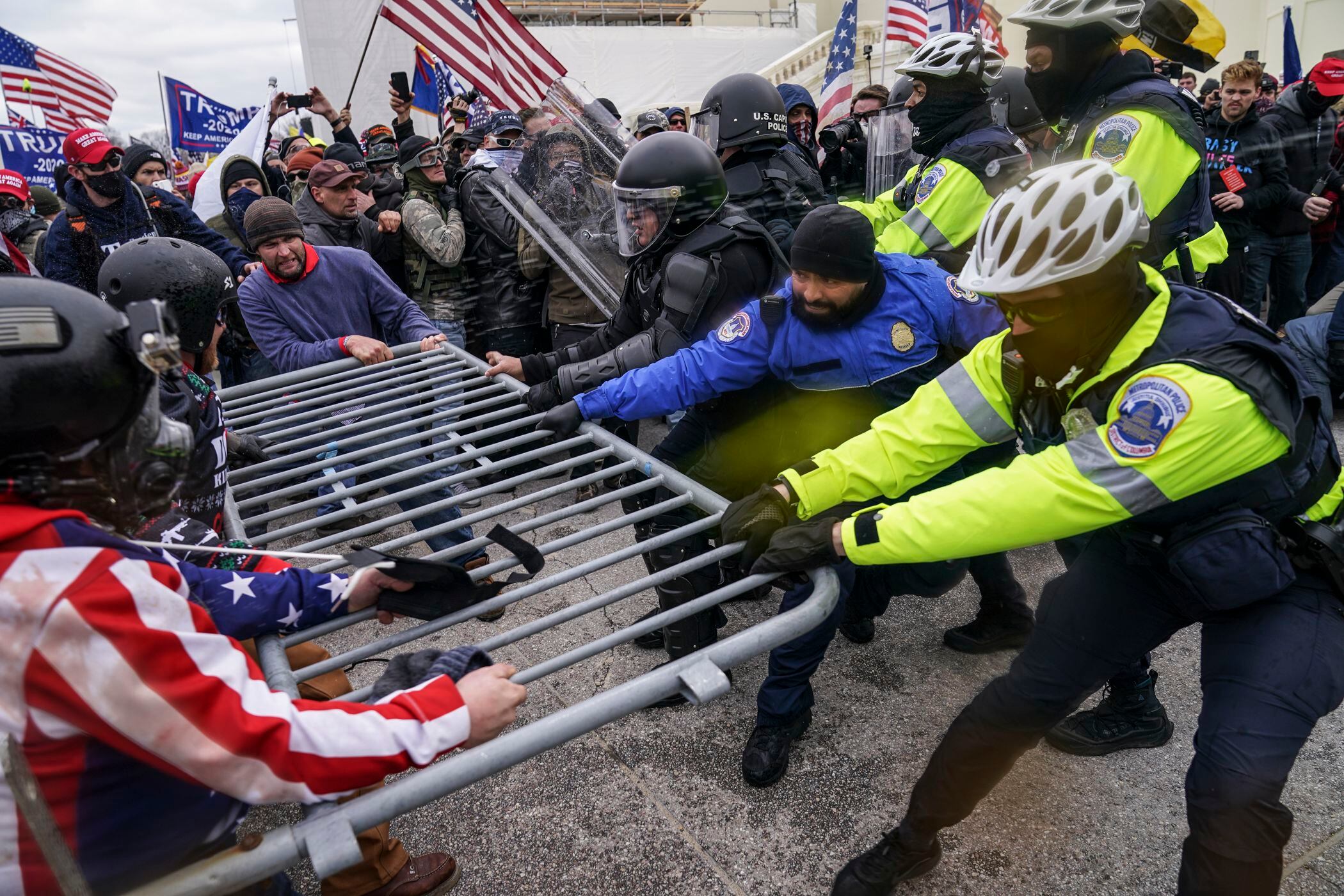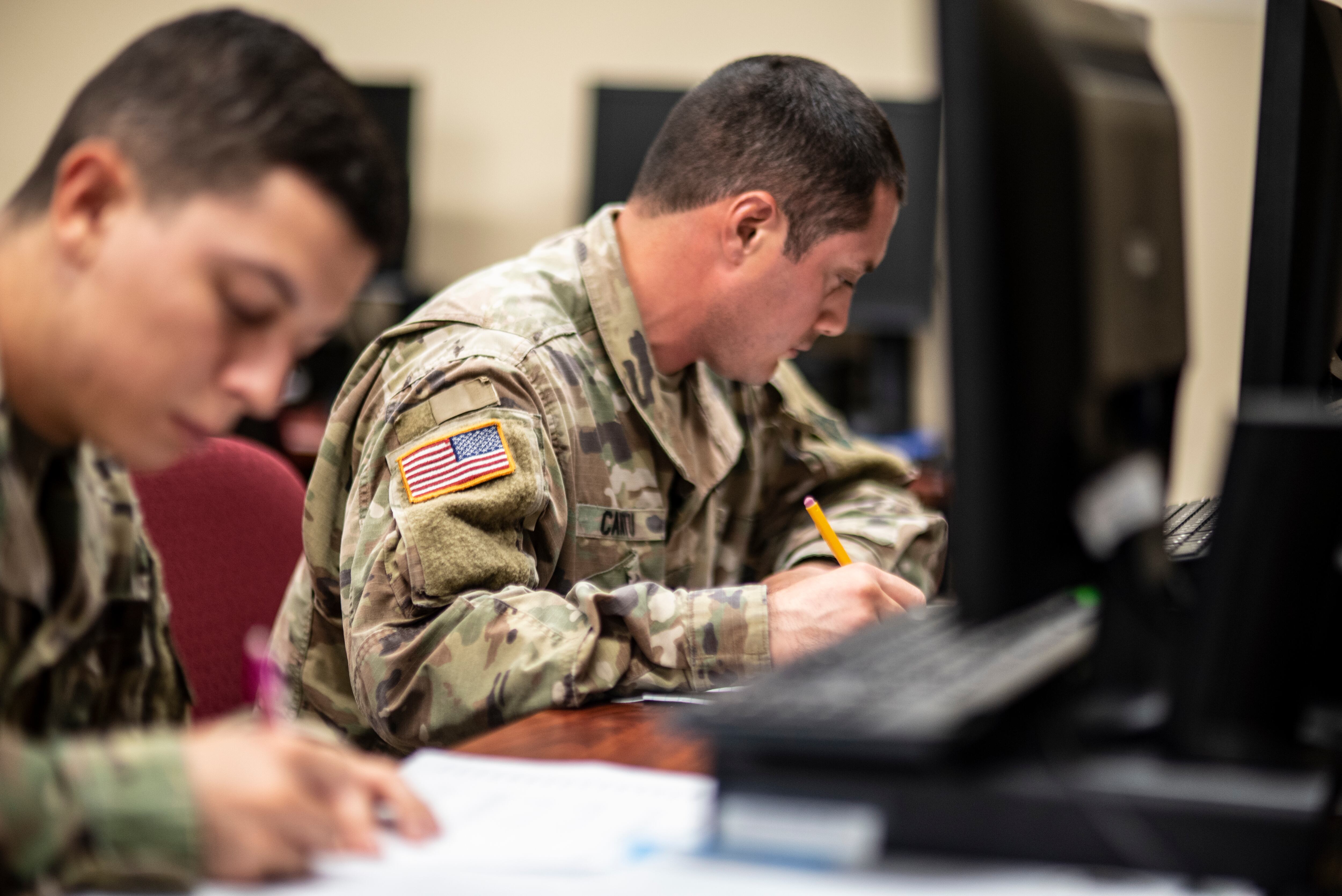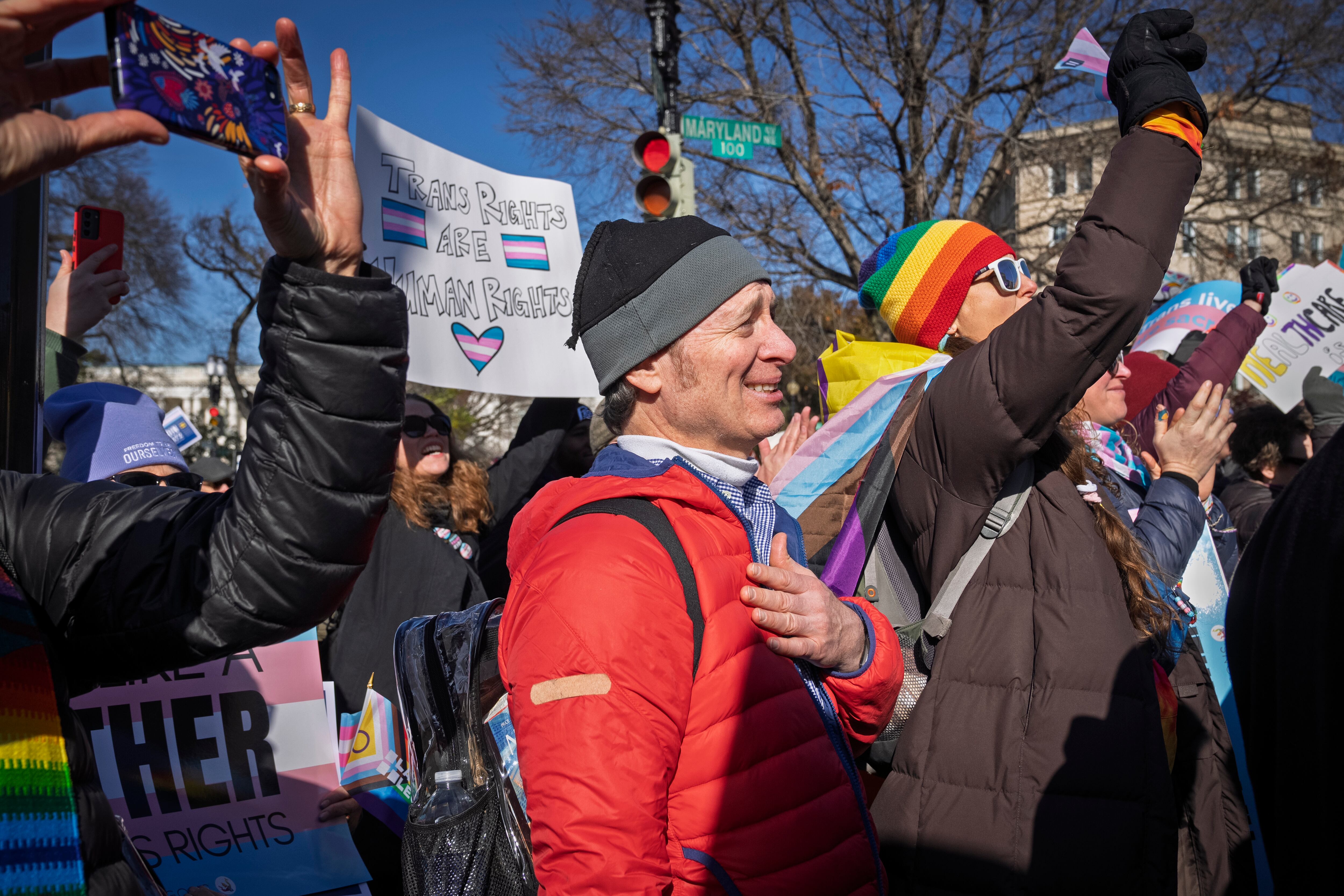WASHINGTON — The Supreme Court on Wednesday struggled with whether to put a new roadblock in the way of terrorism victims trying to obtain nearly $2 billion in judgments against Iran.
The justices heard arguments between Bank Markazi, Iran's central bank, and relatives of terrorism victims, including many who were among the 241 Marines killed in Lebanon in 1983.
The issue is whether Congress butted into the business of federal courts when it passed a 2012 law allowing the families to be paid from assets of the central bank that are held in the United States.
Several justices raised questions about whether Congress impermissibly tried to dictate the outcome of the dispute. Chief Justice John Roberts said it is "our job to decide cases."
On the other side, Justice Stephen Breyer suggested that Congress and the president, who signed the law, have broad authority when it comes to foreign affairs.
The case is before the court at a sensitive time in U.S.-Iranian relations. The countries recently concluded a deal that curbs Iran's nuclear program in exchange for relief from economic sanctions.
The arguments took place less than 24 hours after Tehran detained, and then released, 10 U.S. Navy sailors who had drifted into Iranian territorial waters. House Republicans invoked the incident as they passed legislation that would give Congress more oversight of the nuclear agreement.
At the Supreme Court, Jeffrey Lamken, the Washington lawyer representing the bank, agreed that Congress has a lot of power, but he said it cannot take action limited to just one case. If the justices rule against the bank, Lamken said, the message to people enmeshed in a dispute will be, "Don't hire a lawyer, hire a lobbyist."
But Theodore Olson, a former top official in the Bush Justice Department, urged the justices to finally bring an end to the families' long legal odyssey to win compensation for terror attacks with links to Iran. Olson's wife, Barbara, died in the Sept. 11 attacks, which have no relation to the high court case.
More than 1,300 people are among the relatives of the victims of the Marine barracks bombing in Beirut, the 1996 terrorist bombing of the Khobar Towers in Saudi Arabia, which killed 19 service members, and other attacks that were carried out by groups with links to Iran.
Congress has repeatedly changed the law in the past 20 years to make it easier for victims to sue over state-sponsored terrorism and federal courts have ruled for the victims. But actually collecting the money has proved difficult.
Even if the families lose at the Supreme Court, they still can press their claims under an earlier law and could benefit from a new fund created in the massive spending bill that Congress passed last month.
A decision in Bank Markazi v. Peterson, 14-770, is expected by late June.
Copyright 2016 The Associated Press. All rights reserved. This material may not be published, broadcast, rewritten or redistributed.





